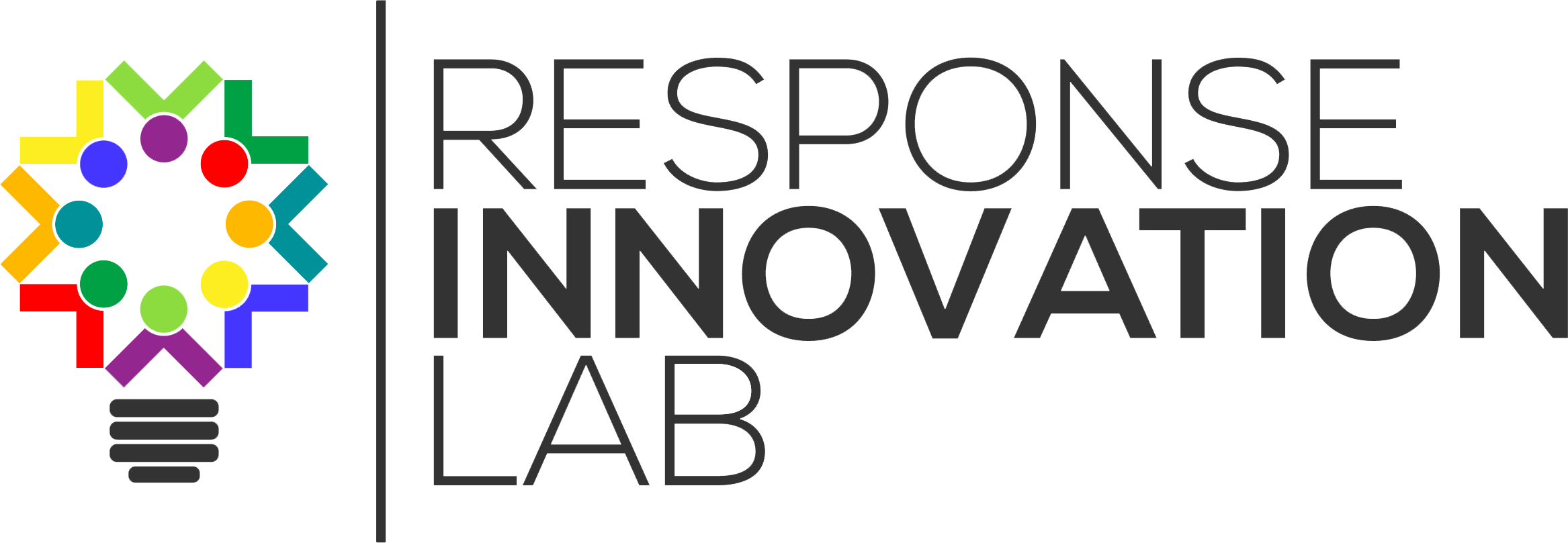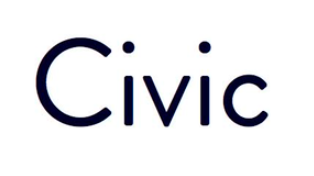Jordan
affiliated, Response Innovation Lab
Overview
The affiliate lab is hosted by Majilsna - Civic. The Lab supports events, convening actors around humanitarian challenges, problem analysis, promotion of tested innovations, and the matching of problems with solutions. The lab acts as a sectoral innovation capacity within the country and supports any actor working within the humanitarian space.
Jordan is home to a vibrant and growing community of innovators, many of which are looking to help with the recovery from, preparedness toward, and resilience to natural disasters. While funding opportunities exist for commercial products, social entrepreneurs and innovative non-profits do not have access to the capital they need to prototype, test, and scale their solutions.
The Lab is a one-stop-shop for Innovators and Entrepreneurs with products and services for humanitarian situations.
Serving the most vulnerable.
What We Do
The RIL Jordan works alongside existing humanitarian innovation initiatives like Shamal Start, the International Rescue Committee (IRC) Innovation Lab, and the MercyCorps Innovation initiative. As an affiliate, not all core RIL functions are run, and some of the methodologies may be more oriented towards the host organization.
In 2019, the lab mapped all stakeholders involved in the response to understand and build the Ecosystem surrounding the response. The Ecosystem Map was produced with input from many the stakeholders in the response through a Convening.
The affiliate facility may not run all the core RIL functions and focus on those core to their programming.
Predictative Analyatics for Migration Displacement
Response Innovation Lab is working with Save the Children’s Migration and Displacement Initative (MDI) and their Predictive Displacement Project to host local convener events - in Iraq and Jordan - around the development of a predictive analytics tool that will anticipate the scale and duration of conflict-driven displacement crises. At present, the lack of good data on the eventual scale and duration of forced displacement crises make it difficult for humanitarian actors to efficiently and sustainably plan for early stages interventions.
When it’s needed.
Evidence
The Response Innovation Lab uses a system called System for Lab Information Management and Evidence (SLIME) to conduct humanitarian innovation data and analytics from across the labs. You can see this live data of highlighting the response ecosystem and innovations on the following dashboard:
With partners.
Thank you to our partners:
Join us!
Contact
Social Media
Lab Director
Max Vieille
max@responseinnovationlab.com
-
RT @SomRePOfficial: Who is my neighbour? Meet Ali from #Somalia who has been impacted by drought. We hope that we can come together thr… https://t.co/XnptbllQD6
-
RT @SomRePOfficial: مَنْ هو جاري؟ تعرف على عبدي الذي يؤمن بمساعدة الناس بعضهم لبعض. نأمل أن نتمكن من التعاون معًا، وانطلاقًا من اهتمام… https://t.co/l04gtX67We












